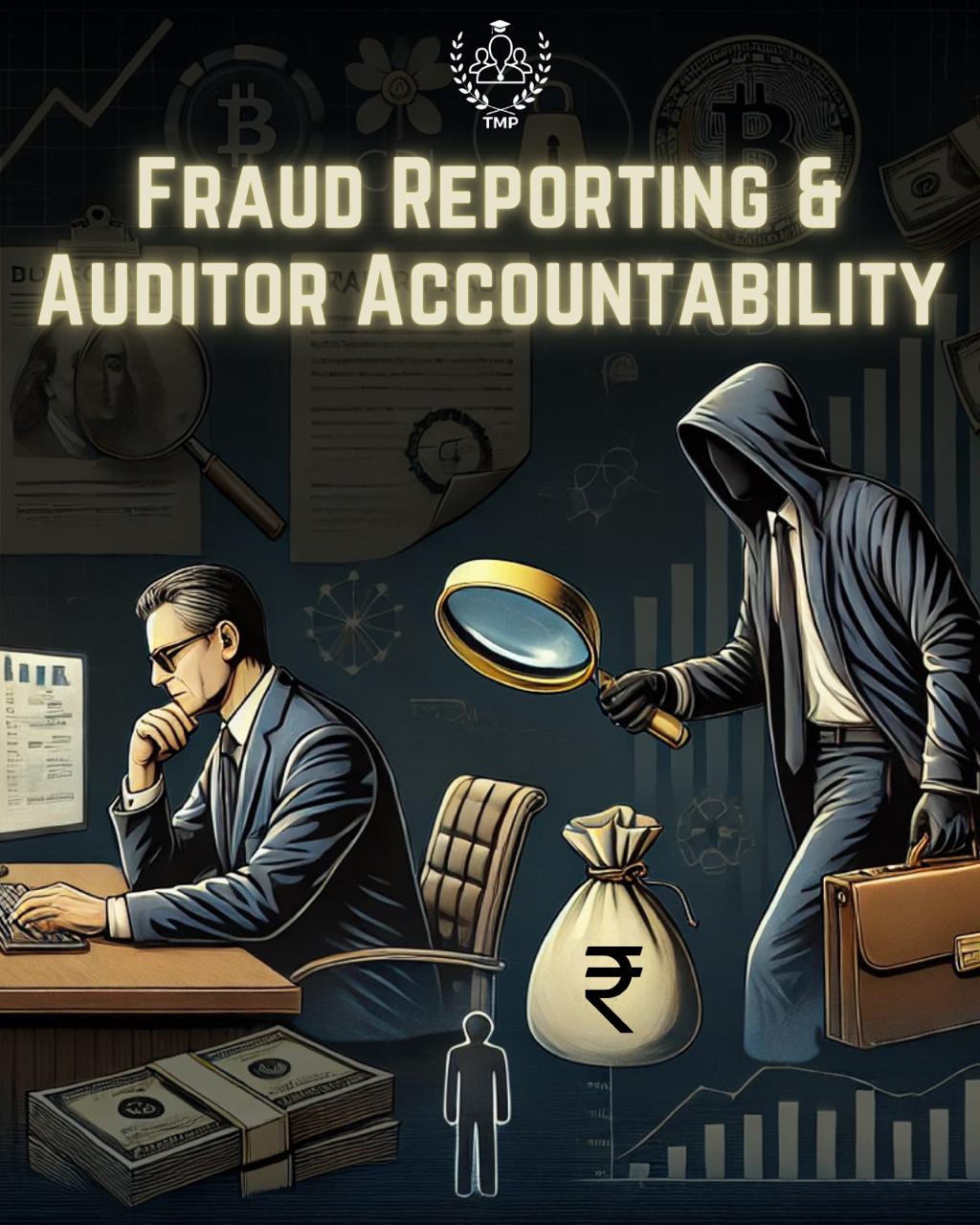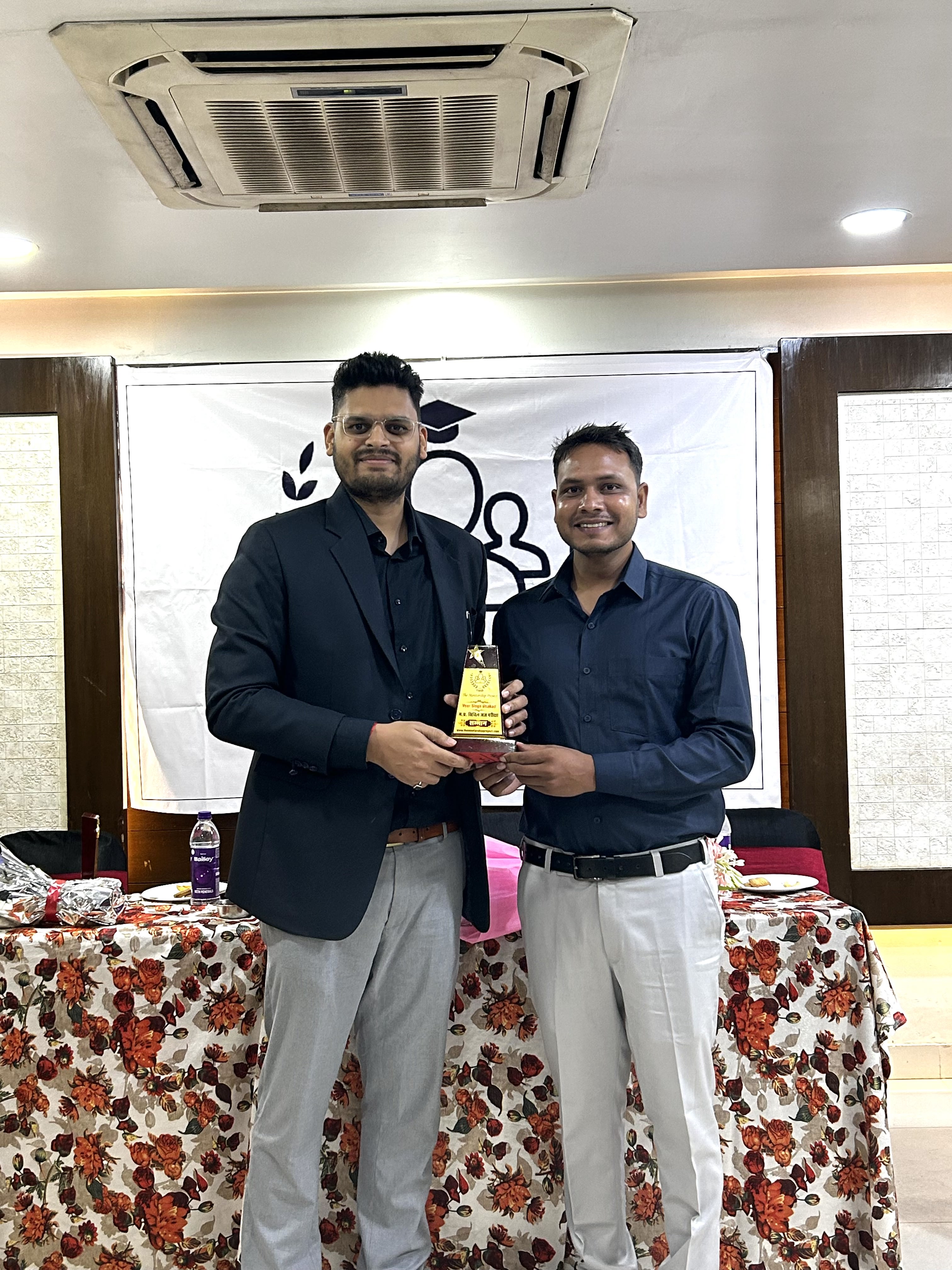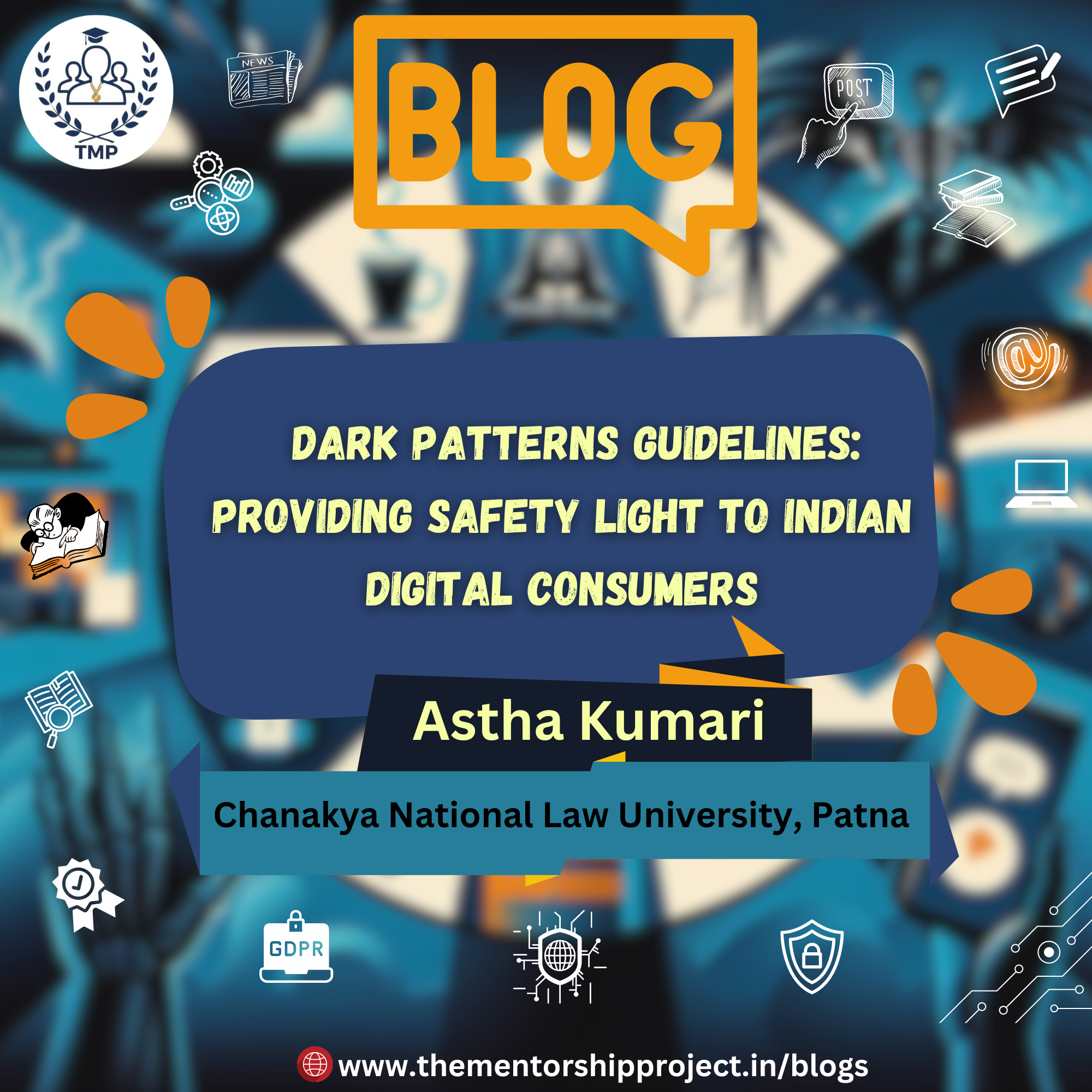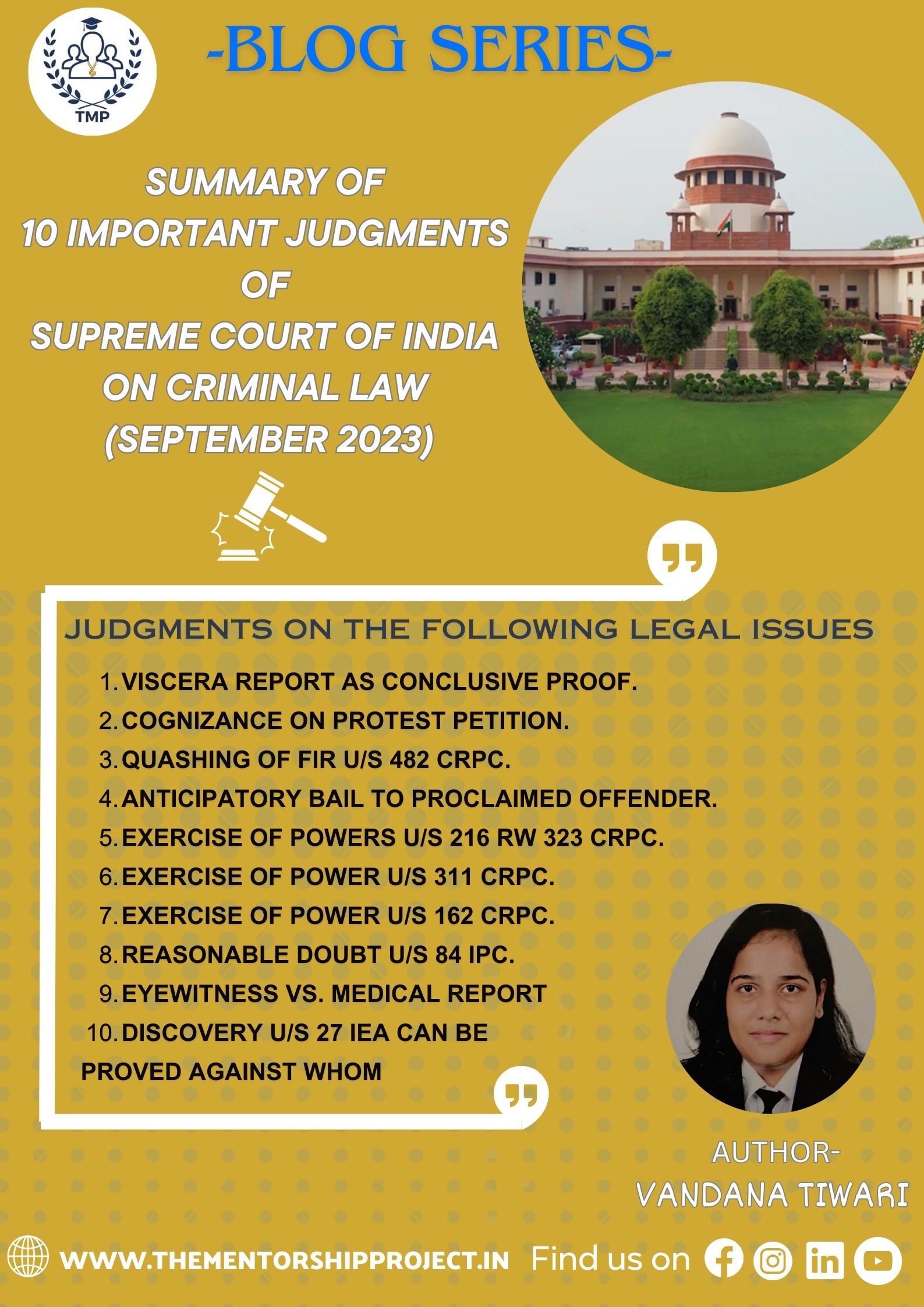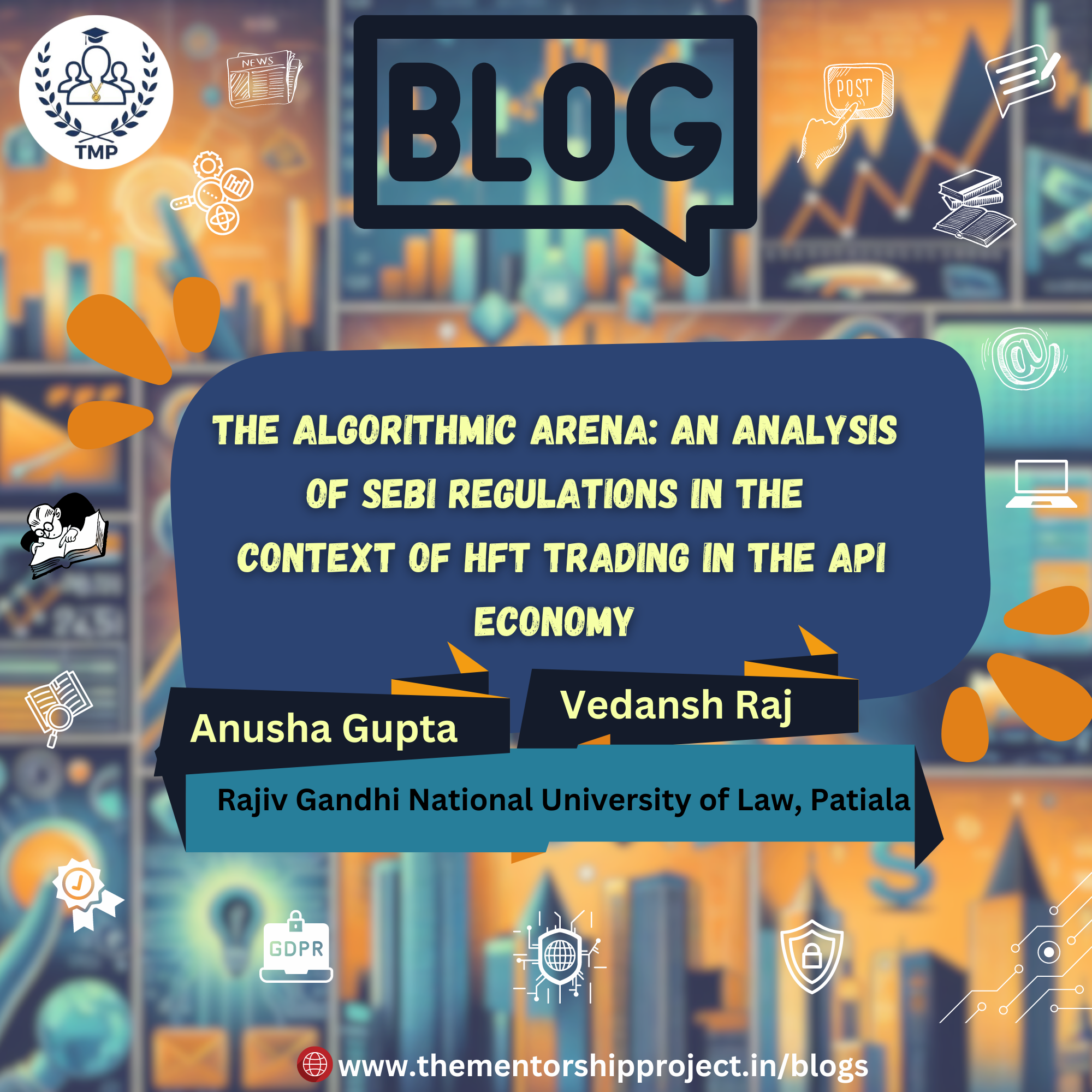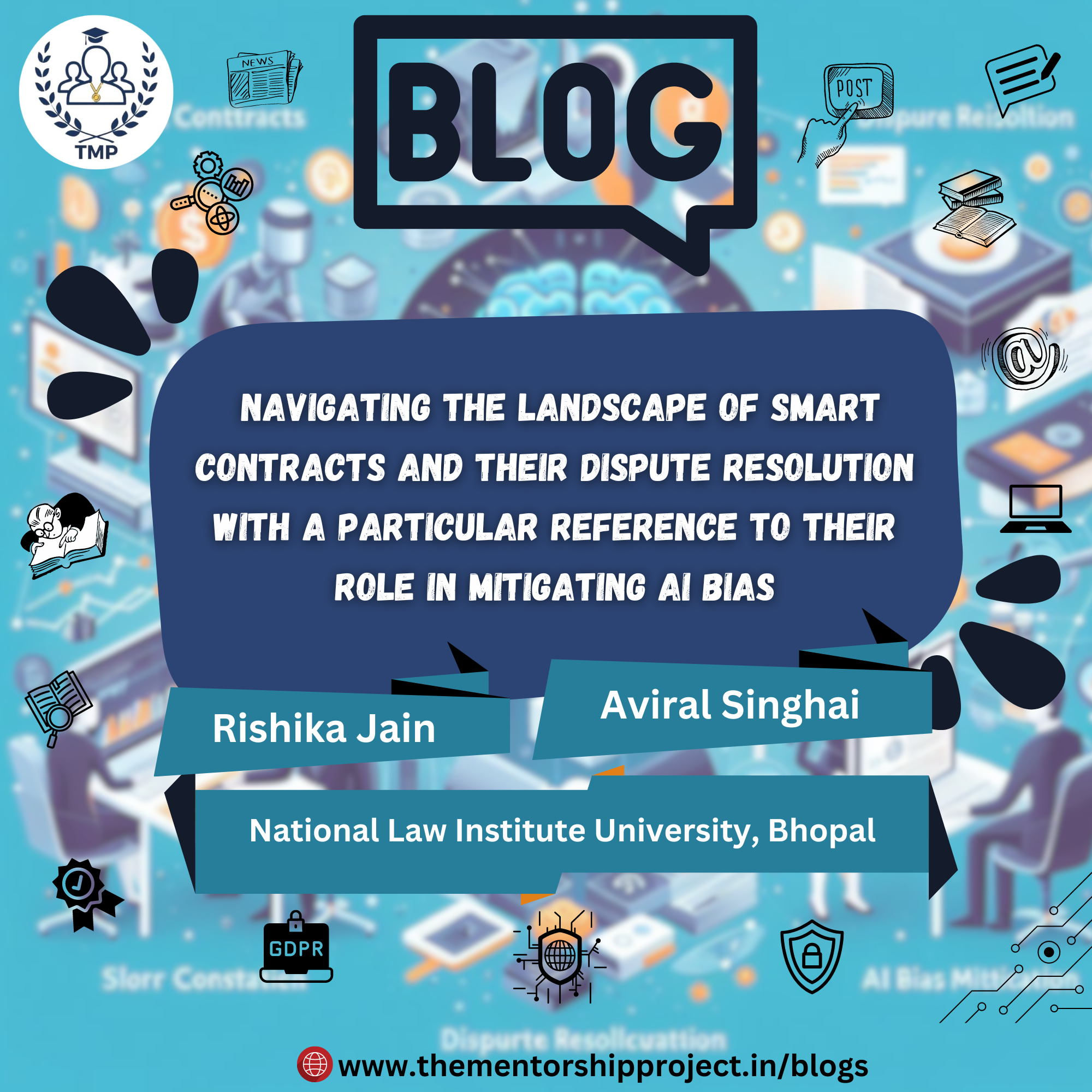February 12 , 2025
FRAUD REPORTING: INTERNAL CULPRIT AND THE SAVIORS OF PUBLIC MONEY
DIMENSIONS OF WHITE-COLLAR CRIME IN FRAUD REPORTING
The idea of reporting fraud in a white-collar crime scenario, that is, the commission of a crime by an individual by virtue of his holding some responsible office, is not all that easy. To cover defining the fine line between legal business practices and fraud, there is also some jurisdiction overlap. Crimes can span across countries and require other agencies like CBI, FBI, and INTERPOL to be involved.
The corporate veil, under Salomon v. Salomon , protects an individual from accountability in establishing mens rea, and actus reus becomes difficult. Whistleblower protection may have been legislated in acts like that of the Whistle Blowers Protection Act of 2014 in India—yet this remains inadequate, therefore deterring disclosures on the basis of the risk of retribution incurred.
Now, there are further complications caused by scientific advancements like advancements in electronic fraud and crypto crimes, which cannot be detected easily. Rigid compliance of the evidentiary laws, for example, section 63 of the Bharita Sakshiya Adhiniyam, creates additional hurdles. Corporations often should not report fraud to preserve their reputations; indeed, this encourages underreporting, such as in the Satyam cases.
Litigation here takes a long time because the judicial systems are already burdened with work. Offenders come up with principles such as qui facit per alium facit per se to obscure the guilt. These problems require improvements in legal frameworks and whistleblower protections as well as international cooperation. Systemic reforms will effectuate the fraud reporting to overcome the challenges posed by white-collar crime.
WIDTH OF COMPANIES ACT IN LIEU OF WHITE-COLLAR CRIME
These are a few types of white-collar crimes that every entity and person ought to know for identification by law enforcement agencies today.
Embezzlement
It usually involves a person who has been given a fiduciary trust to misuse it, leading to huge losses for the organization.
Insider Trading
This is a form of stock market crime when an individual secretly uses certain confidential or non-public information to carry out stock transactions, derivatively manipulating the market and making an unfair advantage over others.
Identity Theft
Almost every other day, we hear of systems being hacked and people's information stolen. Identity theft has advanced tremendously in the digital age, where criminals could possibly steal personal information to carry out financial crimes, most likely leaving the victim suffering serious consequences.
Corporate Espionage
Illegitimately taking trade secrets, intellectual properties, or private company knowledge of one company and placing it in use for another company's gain is known as corporate espionage and engenders none but unfair competition and possibly significant financial losses.
fraud
It provides for the use of deception techniques by manipulating or lying regarding information to obtain financial or personal benefits. While the essence of it does include verification and possible evidence gathering, it is very critically important to be able to counter fraudulent activity by protecting those financial institutions where they are detected.
Fraud is, in general, an intentional juggling act designed for one's personal advantage or to harm another person or entity.
These white-collar crimes do grave injury not only to a company or industry but also to the entire economy. White-collar crimes have the extremely damaging effect of causing loss of trust by the individual, investor, shareholder, bank, financial institution, etc. In contempt to many laws, regulatory authorities exist, still such frauds keep occurring and haunting the global business environment.
THE INTERPLAY BETWEEN WHITE COLLAR CRIME AND COMPANIES ACT SECTION 143
Subsection (1) to Section 143 provides for the establishment of auditor's roles, duties, and powers along with the standards that auditors need to comply with. Some key points that emerge out of it are as follows:
Access Records
An auditor should have access at any time to the books of account and vouchers of a company, including records of its subsidiaries and associate companies.
Auditor's Report
The auditor is obliged to report on the following directions:
- That he has received all the information and explanations he requires.
- In his opinion, the company has kept proper books of accounts.
- That the statements are in accordance with the requirements of accounting standards.
Objective of Auditing
Auditing should also discover as well as prevent errors and fraud and make sure that financial statements give a full and fair view of the state of the affairs of the company related to financial matters.
Reporting Fraud
It is reported to the Central Government by auditors in cases of fraud detected by an officer of the company or employee on its behalf.
Section 143(12) of the Companies Act, 2013 states that if an auditor of a company suspects that any fraud is committed against the company, then the auditor should report the fraud to the Central Government. Here are the steps to be followed by the auditor:
- Report the fraud within a period of 60 days from the date of discovery of the fraud.
- Send the report to the Secretary of the Ministry of Corporate Affairs in a sealed envelope.
- Prepare the report on the auditor's official letterhead, sign and stamp it.
The auditor must first report the matter to the board or the audit committee and seek their reply or observations within 45 days. If the auditor doesn't receive a reply or observations within 45 days, they can then send the report directly to the Central Government.
As per the landmark English case of Re Kingston Cotton Mills, an auditor is thought to be "a watchdog and not a bloodhound", the investing public always seems to expect that auditors must play quite a bigger role in ferreting out corporate fraud and improving corporate governance practices.
In the case of the Institute of Chartered Accountants vs. P.K. Mukherjee, the SC expressed that the whole concept of audit is framed with a view to protect the interests of the shareholders and that the auditor is expected to see the books from the view point of informing the shareholders about the true financial position of the company. Thus, the auditor must act for the benefit of shareholders, who are put in the category of beneficiaries. Accordingly, the Court held that the auditor is under "clear duty towards the beneficiaries 'to probe the transactions' and report on their true character.
In Hindustan Lever Employees' Union v Hindustan Lever Ltd, it was held that an auditor should not depend on the Board of Directors of the company and is "expected to play the role of a watch-dog on behalf of the shareholders of the company".
The ICAI v Mukesh Gang was a case where the Court found the auditor guilty of gross negligence and breach of auditing standards. According to the Court, in view of the seriousness of the professional misbehavior demonstrated by the auditor, to exonerate him would be to set an example to others to resort to similar unethical practices and create doubts as to the integrity of the profession in general.
CONCLUDING THOUGHTS
White-collar crime, such as embezzlement, insider trading, corporate espionage, identity theft, and many other crimes, does greatly harm organizations and economies. All these crimes cost liquidity but also break faiths among stakeholders, including investors, shareholders, and financial institutions. Although there are regulatory frameworks and strict laws, such as the Companies Act of 2013, their presence fails to mitigate fraudulent activities, which can spoil the entire global environment of business.
Section 143 of the Companies Act serves as an important legal provision concerning auditors and the prevention of fraud. This section prescribes all auditor duties, including inspection of company records, compliance with accounting standards, and reporting of any financial irregularities. More particularly, Section 143(12) requires auditors to report on any malignant activities in violation of the Act to the Central Government within the time stipulated under the section, thus enhancing accountability. The convergence of this section with landmark judgments shows the key importance of auditors as watchdogs that protect the interests of shareholders while maintaining the integrity of the financial reports as well.
The fraud reporting mechanisms and active involvement of the auditors are pertinent in minimizing the extent of white-collar crime. Laws such as the Companies Regime Act 2018 with vigilant enforcement play a primary role in the keeping of public money safe, building trust and enhancing ethical corporate governance.
Author- Abdul Haseeb, Student at Dr. Ram Manohar Lohiya National Law University, Lucknow
Disclaimer:
The views and information in this article are the author's and do not necessarily reflect TMP's official stance. This content is for informational purposes only and not professional advice.

